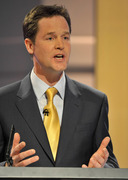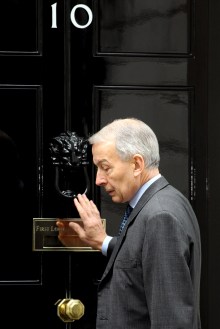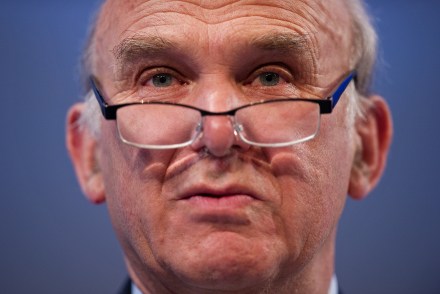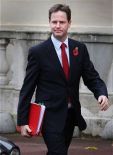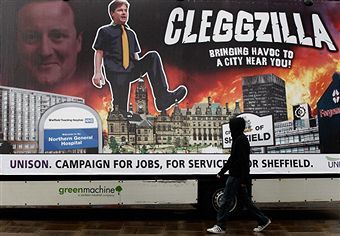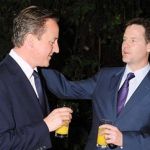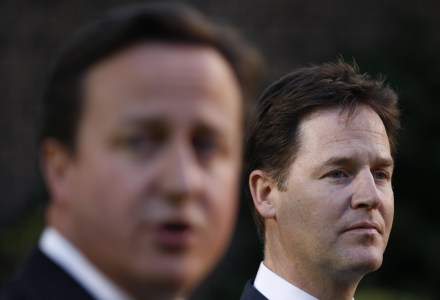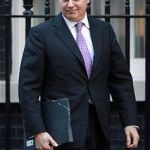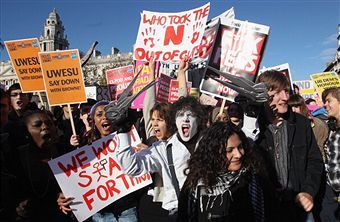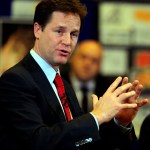What will the Lib Dems say at the next election?
The rapidly increasing likelihood that the Lib Dem payroll vote will vote to increase the amount that universities can charge in fees to £9,000 is a reminder of how different the next election is going to be. The Lib Dems will not be able to stuff their manifesto with eye-catching but unrealistic commitments designed to grab votes from this or that interest group. The experience of coalition means that their policy positions will receive far more scrutiny than usual and have to be defensible. Already, those around Clegg talk of a very different kind of Lib Dem manifesto at the next election. They drop heavy hints that the empty gestures—like
